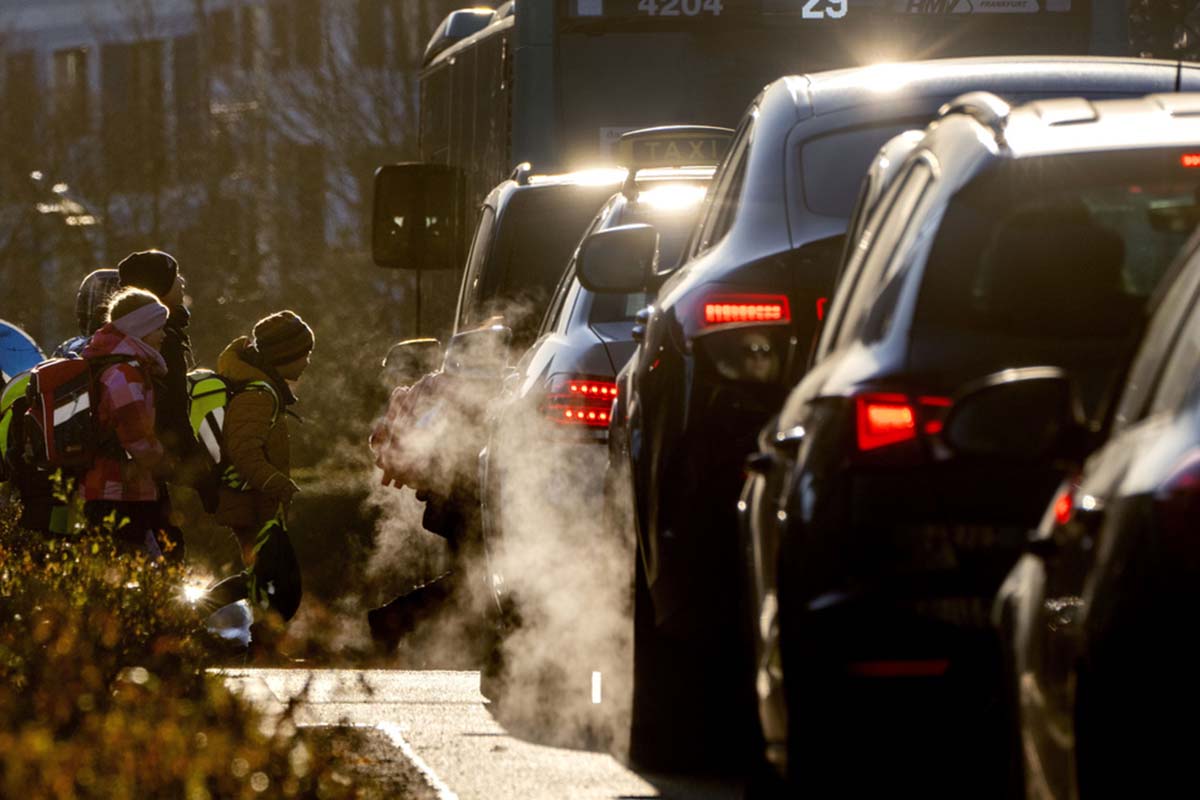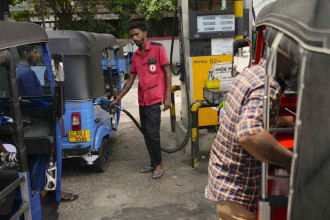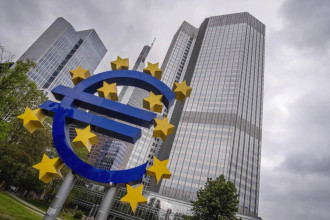
BRUSSELS: Most passenger cars in the European Union continue to emit the same amount of carbon dioxide as they did 12 years ago, according to a warning issued by the European Union's auditing agency on Wednesday.
The European Court of Auditors stated that the 27-member bloc must "change up a gear" to approach a zero-emissions vehicle fleet, with electric vehicles playing a pivotal role.
"The EU's green revolution can only transpire if there are significantly fewer polluting vehicles, but the challenge is immense", stated Pietro Russo, the ECA member who spearheaded the audit. "A genuine and tangible reduction in cars' CO2 emissions will not materialise as long as the combustion engine dominates, but concurrently, electrifying the EU's vehicle fleet is a major endeavour."
The auditors' report indicates that actual emissions from conventional cars, which still comprise nearly three-quarters of new vehicle registrations, have not declined. "Over the past decade, emissions have remained stable for diesel cars, whilst they have slightly decreased (-4.6 %) for petrol cars," the auditors stated. "Technological advancements in terms of engine efficiency are counterbalanced by an increased vehicle mass (about +10 % on average) and more potent engines (+25 % on average)."
The EU has set a goal to achieve zero emissions for new passenger cars by 2035. According to the audit body, carbon dioxide emissions from the transport sector have continued to rise over the past 30 years. In 2021, it accounted for 23% of the EU's total greenhouse gas emissions, with passenger cars contributing to more than half of it.
"Only electric vehicles (which surged from 1 in every 100 new car registrations in 2018 to nearly 1 in 7 in 2022) have driven the reduction in average on-the-road CO2 emissions observed in recent years," the auditors' statement read. Carbon dioxide is released when fossil fuels are combusted to power cars, aeroplanes, homes, and factories. When the gas enters the atmosphere, it traps heat and contributes to climate warming.
(With inputs from AP via RSS)






